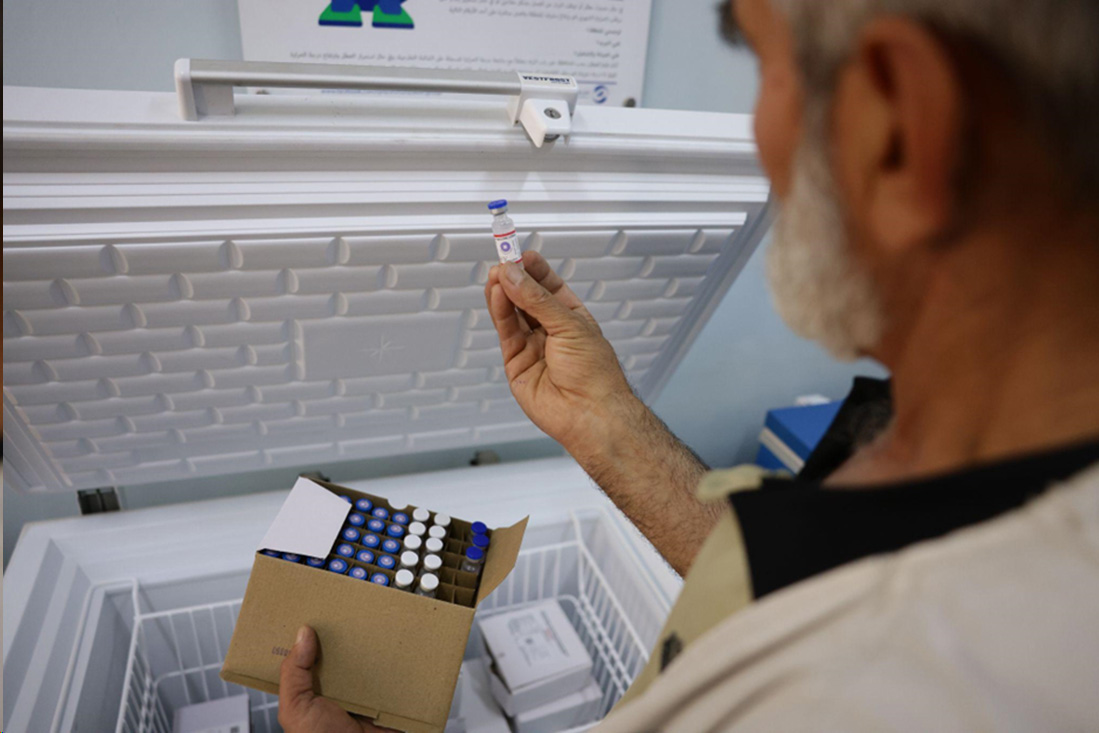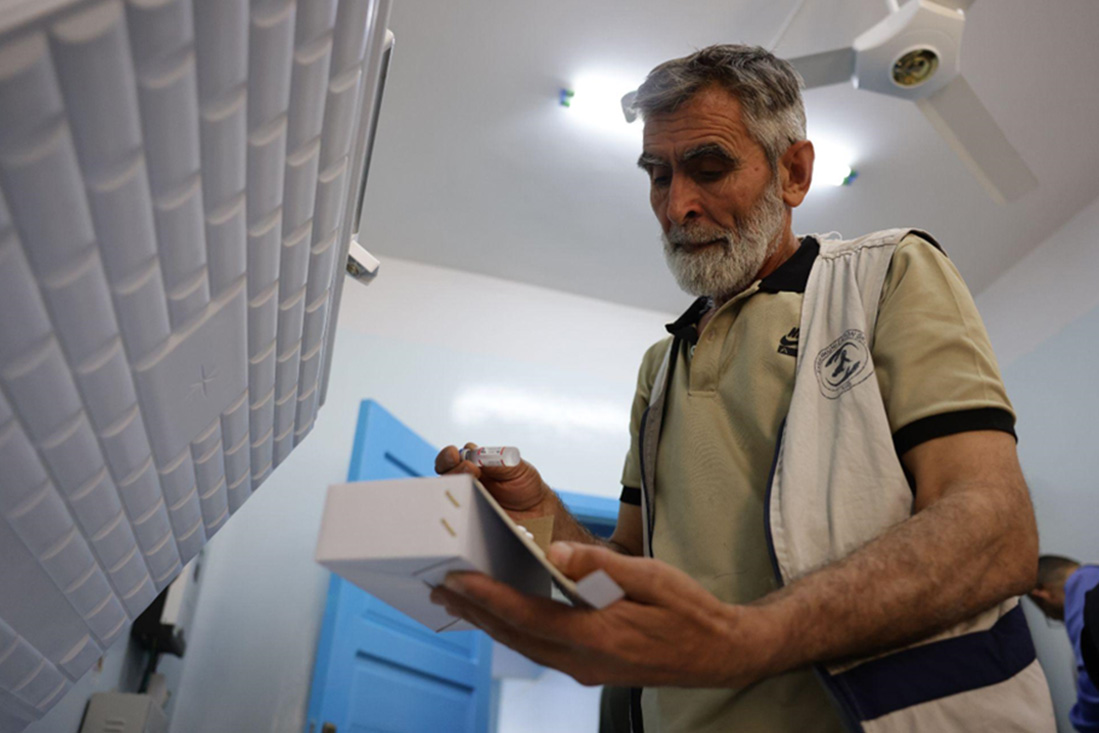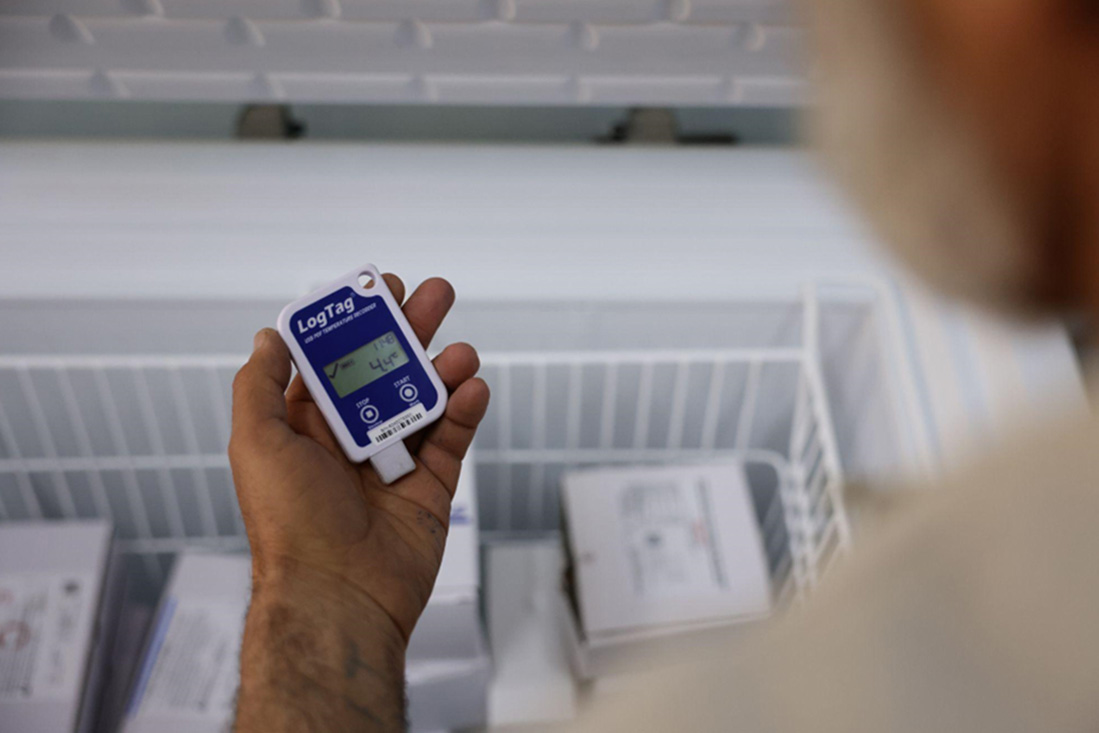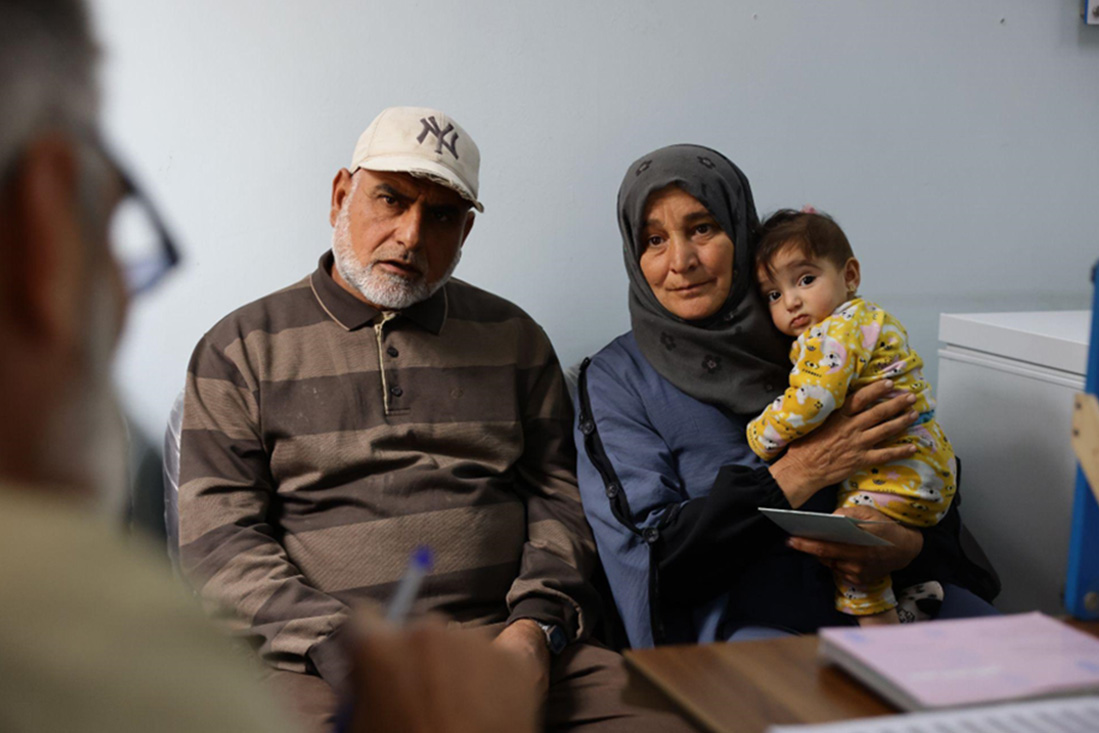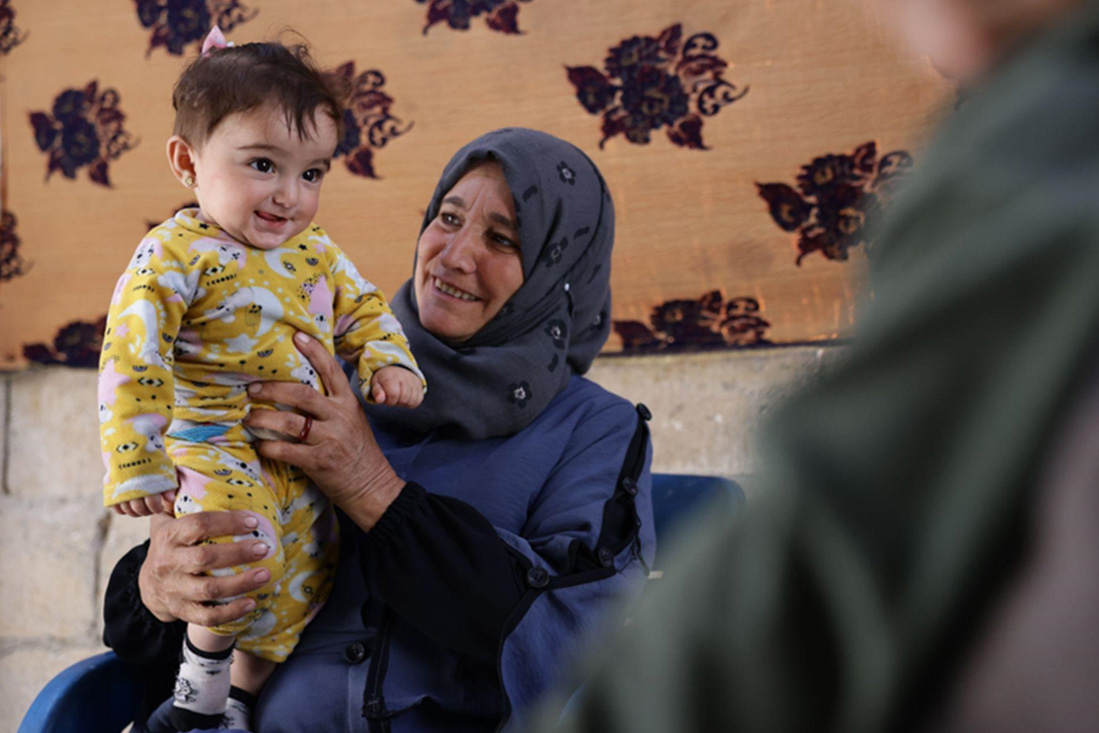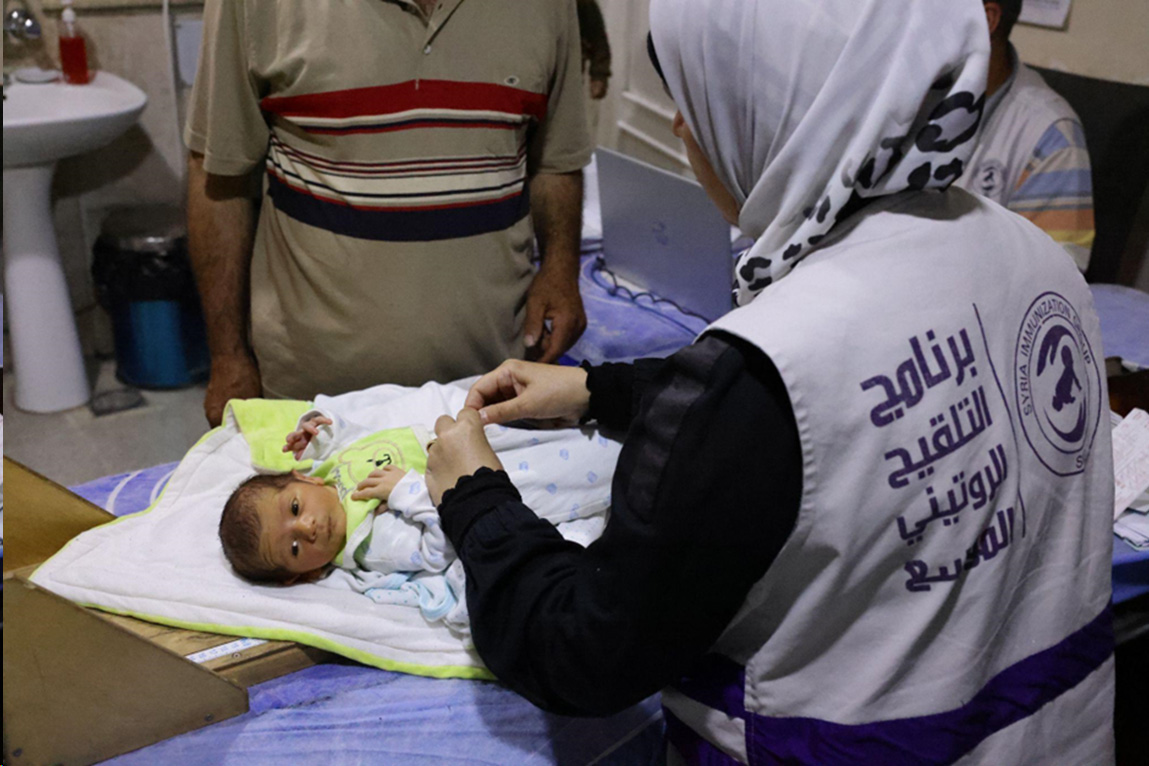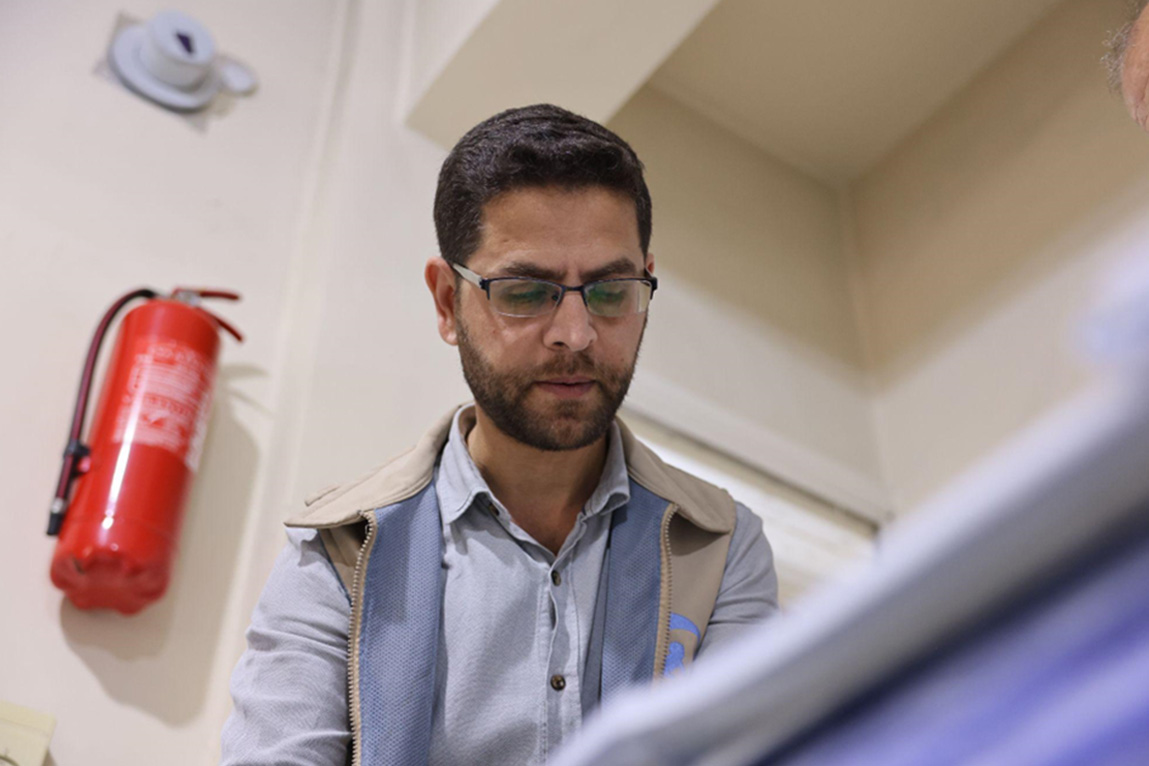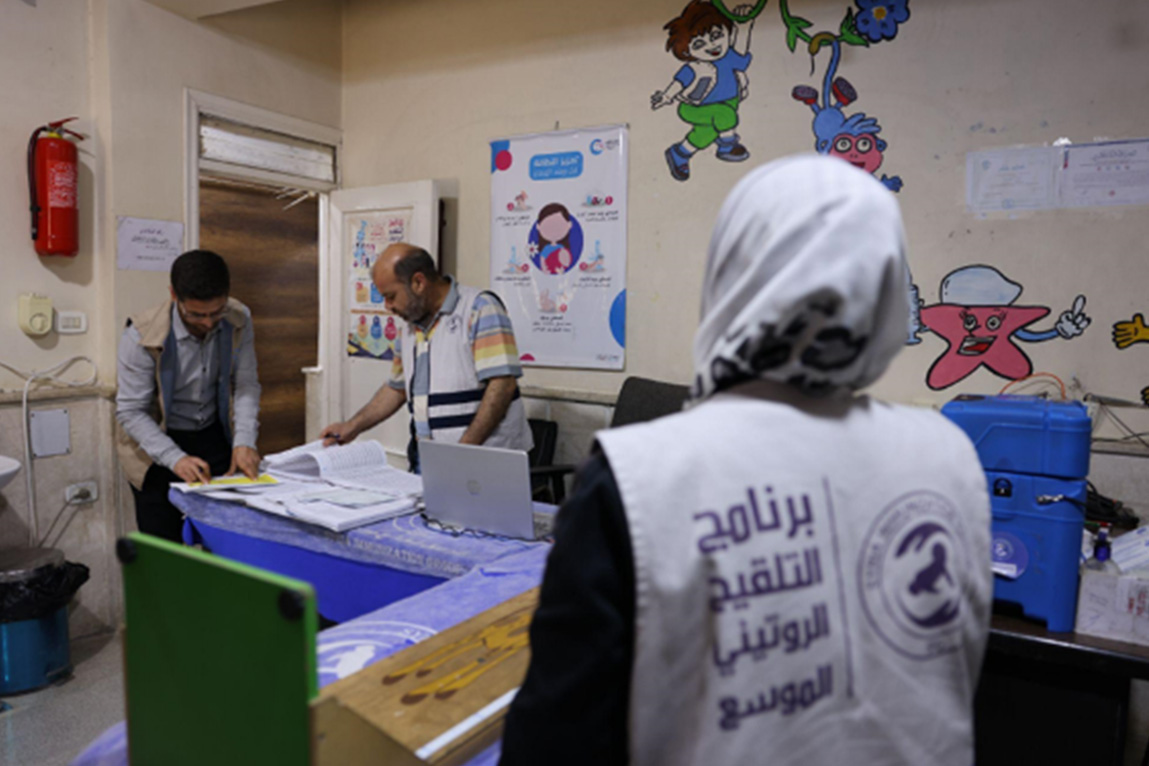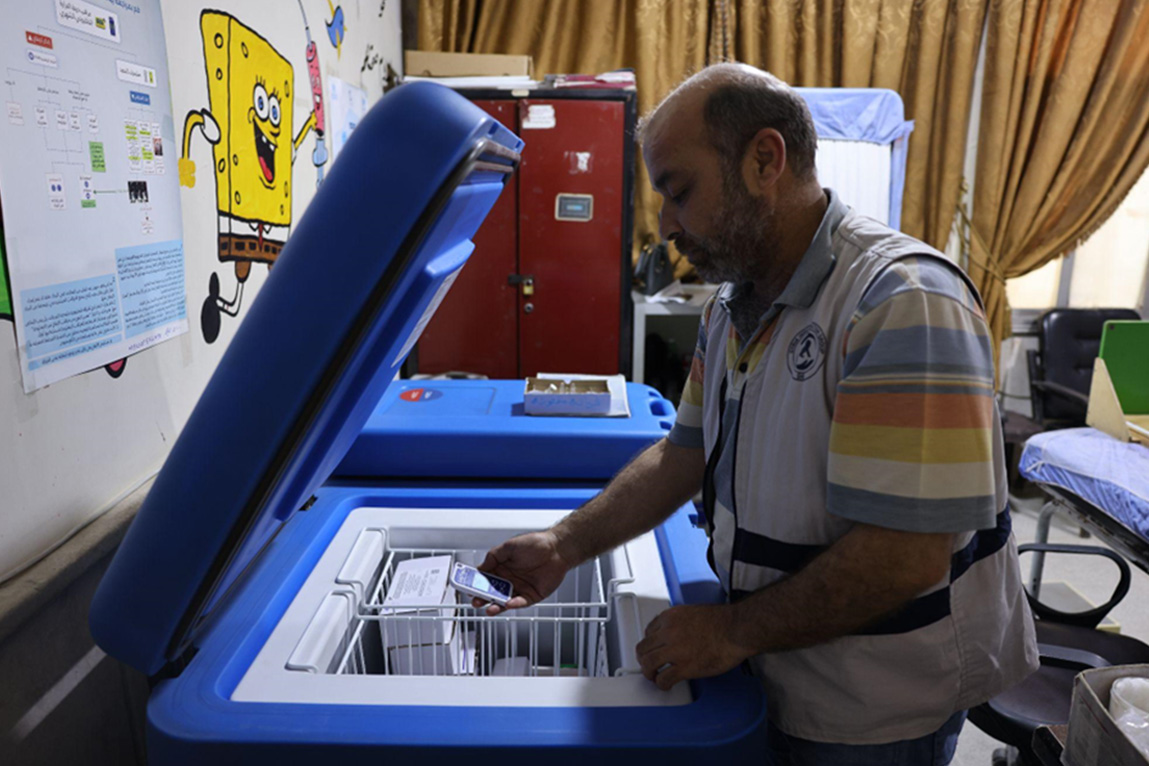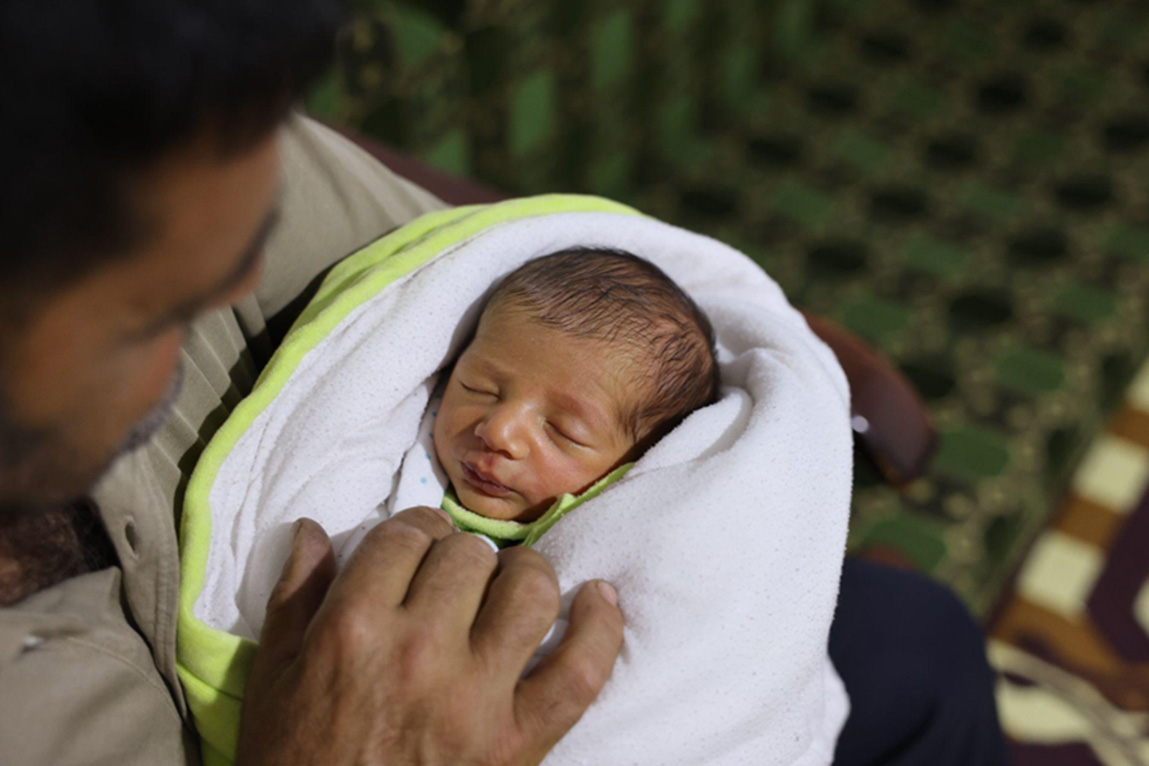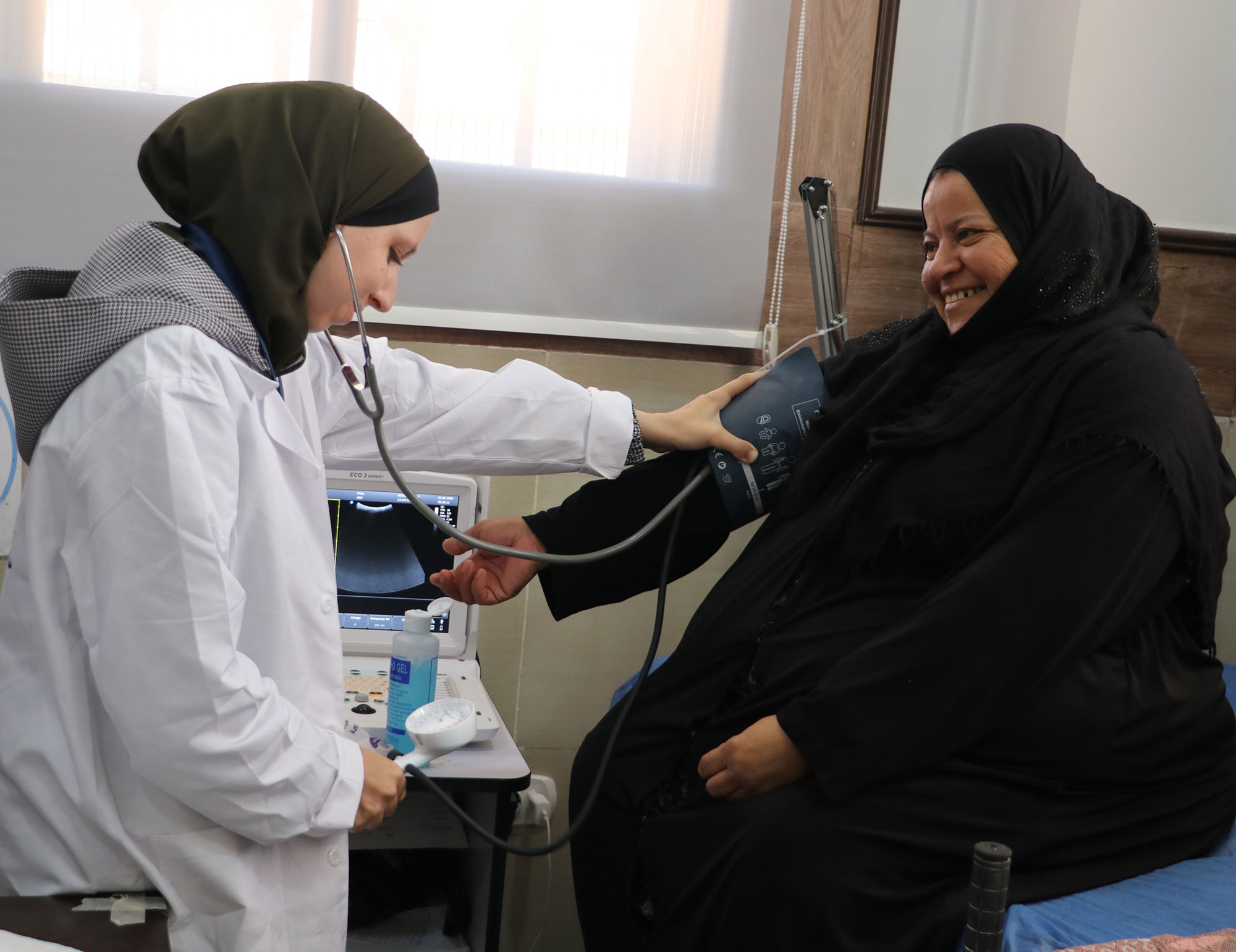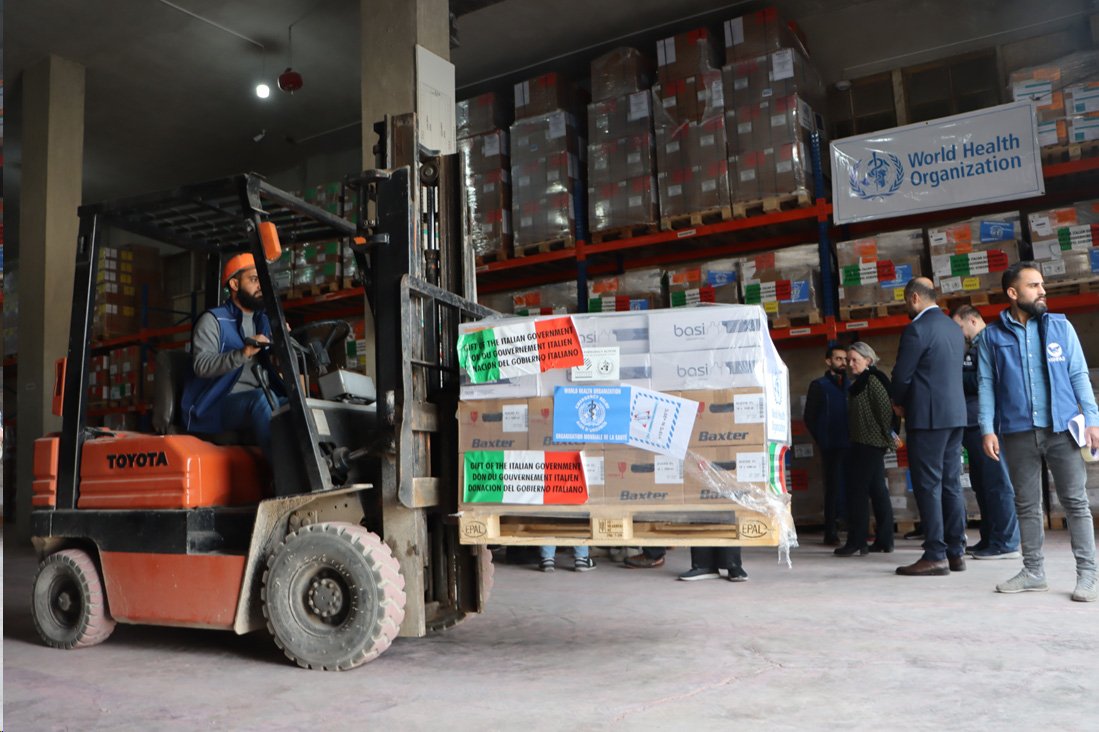 A forklift loads life-saving medical supplies donated by the Italian Cooperation at a WHO-supported warehouse in Idlib. Photo: WHO31 July 2025, Damascus, Syrian Arab Republic – The Italian Cooperation has partnered with the World Health Organization (WHO) to enhance Syria’s capacity to detect, respond to, and prevent disease outbreaks through a new contribution of EUR 3 million.
A forklift loads life-saving medical supplies donated by the Italian Cooperation at a WHO-supported warehouse in Idlib. Photo: WHO31 July 2025, Damascus, Syrian Arab Republic – The Italian Cooperation has partnered with the World Health Organization (WHO) to enhance Syria’s capacity to detect, respond to, and prevent disease outbreaks through a new contribution of EUR 3 million.
The funding will enable WHO to strengthen disease surveillance systems, rehabilitate public health laboratories in Damascus and Dara’a, and support the digital transformation of health information systems. These efforts will help improve early detection of infectious diseases, enhance laboratory testing capacity, and accelerate emergency response to protect communities across the country.
“We are deeply grateful to Italy for this timely support,” said Acting WHO Representative in Syria, Christina Bethke. “As Syria moves towards recovery, strengthening disease surveillance and laboratory capacities is critical for early detection of health threats, rapid response, and preventing future outbreaks. This investment will not only save lives today but also build a stronger, more resilient health system for tomorrow.”
“Italy is pleased to announce this contribution as a reaffirmation of our unwavering support to the Syrian people,” said Andrea De Felip. “Investing in the health sector is vital to the recovery of the Country, and digitalization in particular is key to building a more sustainable and effective health system that will benefit the entire population. Health has long been a priority for our cooperation in Syria, and we hope these joint efforts will lead to tangible improvements, especially for the most vulnerable.”
“The Italian Cooperation has been supporting WHO’s efforts to increase access to basic health services in Syria for years,” added Alessandra Piermattei. “From COVID-19 to the cholera outbreak, we have helped rehabilitate essential laboratory infrastructure, train health personnel, and provided medical equipment. We are glad to keep contributing to strengthen prevention and surveillance capacities that are essential to Syria’s public health future.”
Over the next two years, WHO will work closely with the Ministry of Health to implement the project, which will also support the development of a digital health strategy and roll-out of electronic surveillance and laboratory data systems in Damascus and rural Damascus. The funding will help maintain rapid response teams, provide essential supplies for testing diseases such as cholera, hepatitis, and meningitis, and train health workers in surveillance and laboratory procedures.
With over 16.7 million people in need of humanitarian health support in Syria, this partnership underscores the importance of investing in health emergency preparedness to protect vulnerable populations and strengthen resilience against future health crises.
Media contacts:
Halah Kabash,
هذا البريد محمى من المتطفلين. تحتاج إلى تشغيل الجافا سكريبت لمشاهدته.
Mrinalini Santhanam,
هذا البريد محمى من المتطفلين. تحتاج إلى تشغيل الجافا سكريبت لمشاهدته.





